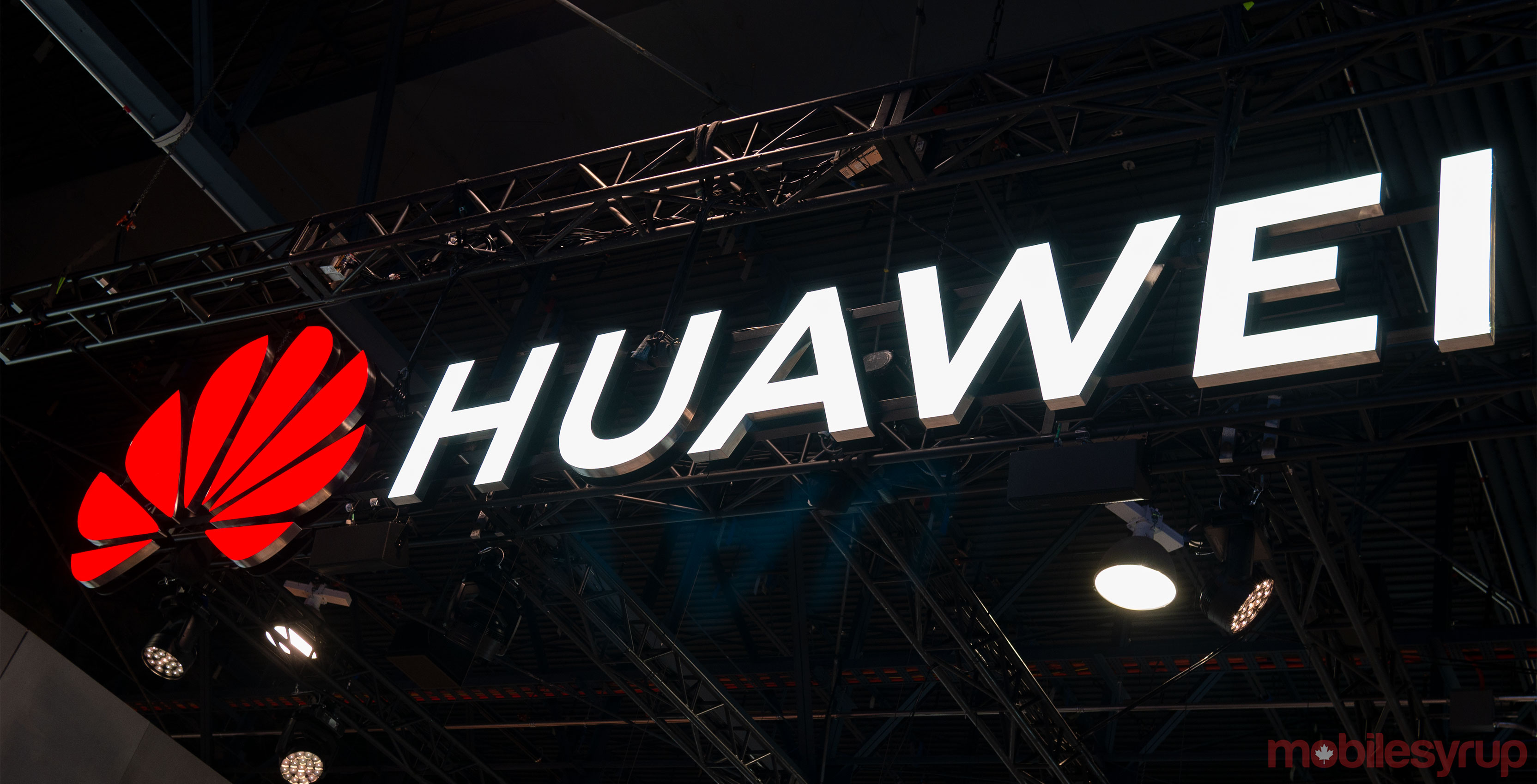
Telus says banning Huawei could have a “material, non-recurring, incremental increase” in the cost of deploying 5G and could “potentially” affect the timing of the deployment.
In its Q4 2018 earnings report that was released on February 14th, Telus explicitly writes that it would be a risk to investors if Canada bans the Chinese telecommunications giant.
The federal government is currently reviewing the case for Huawei and national security and is also reviewing 5G in Canada. No ban has been made yet.
Canada and China have had a frosty relationship since December when Vancouver authorities arrested Huawei CFO Meng Wanzhou. She currently faces extradition.
The U.S. has charged her, Huawei and its subsidiary Skycom with 13 counts of bank and wire fraud.
“We are continuing to work with the government as it conducts this cybersecurity review and we have yet to select a vendor for our 5G network,” Telus wrote in its results. “Given the range of potential outcomes of the cybersecurity review, the impact on Canadian wireless service providers cannot currently be predicted.”
In its Q4 2018 results, Montreal-based national carrier Bell said it would still able to deploy 5G in a timely manner. It also said that it has yet to select a 5G vendor yet.
Both companies have invested millions into expanding their respective 5G networks. If Huawei were to get banned in Canada, it’s estimated it would cost them approximately $1 billion.
“In the case of a ban, there is a risk that the Canadian telecom market would undergo a structural change, as a reduction to an only two global supplier environment could permanently affect the cost structure of 5G equipment for all operators,” Telus reported.
In the last 10 years, Telus said that its partnership with Huawei has “allowed us to utilize the most advanced technology in a cost-effective manner in our advanced 3G and 4G networks without any security incidents.”
“In building out 3G and 4G national networks we have collaborated closely with the Government of Canada for many years to ensure robust protections across all equipment used.
“This has included complying with a series of security protocols that effectively ban Chinese equipment from our core networks and limit such equipment to the less sensitive radio and antenna portions,” Telus said.
During an interview with MobileSyrup, Innovation, Science and Economic Minister Navdeep Bains said that whatever the outcome of the reviews are, the government would support the carriers.
He added that his department has had an open door policy and that the carriers have been in constant conversation with him, as well as with Public Safety Minister Ralph Goodale.
Goodale in the past has said the government is “examining the security issues as well as the technical issues with a great deal of care. We’ve made it abundantly clear that we will not compromise national security.”
But because of fear of cybersecurity attacks, the U.S. banned the company from providing 5G equipment in August 2018. Following the U.S., Australia and New Zealand, have also banned the company.
The three countries are members of the Five Eyes intelligence-sharing alliance.
The alliance is made up of a group of countries that share information and intelligence with regards to terrorism, security and espionage. The group consists of the United States, United Kingdom, Canada, Australia and New Zealand.
According to a draft of China’s national intelligence law that was released in 2017, all Chinese companies “shall support, cooperate with and collaborate in national intelligence work, and maintain the secrecy of national intelligence work they are aware of.”
It is important to note that Prime Minister Justin Trudeau met with Telus CEO Darren Entwistle on February 11th.
“My thanks to @TELUS CEO Darren Entwistle for the meeting in Vancouver today. We focused on encouraging innovation in Canada, bringing better connectivity to families in rural and remote areas, and ways to work together to create more jobs for Canadians,” Trudeau said in a tweet.
Source: Telus
MobileSyrup may earn a commission from purchases made via our links, which helps fund the journalism we provide free on our website. These links do not influence our editorial content. Support us here.


